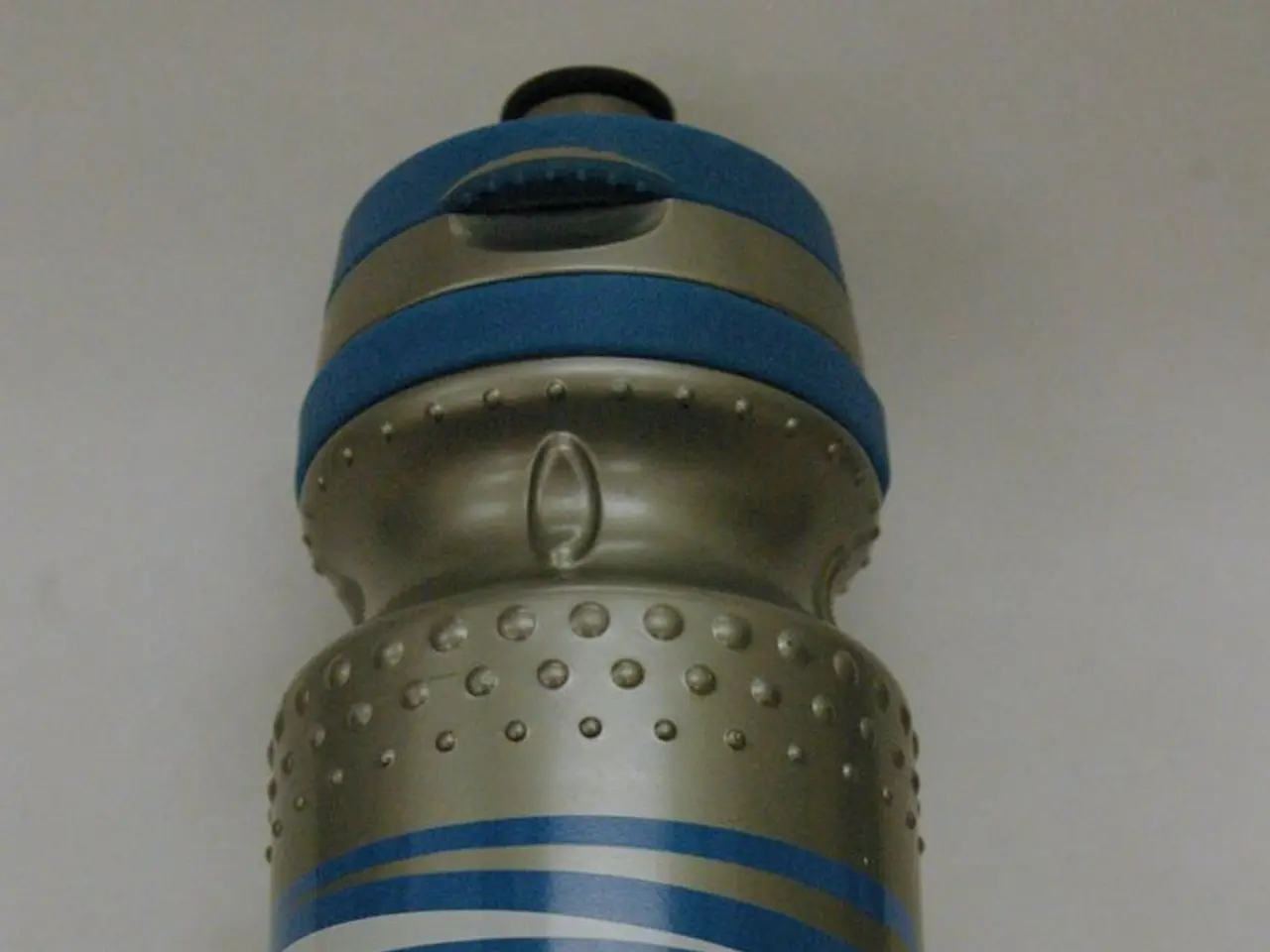Groundbreaking Advancements in Genetic Treatment: Artificial DNA Particles Open New Paths for Medicinal Applications
In a remarkable fusion of chemistry, materials science, and molecular biology, Dr. Divita Mathur, an assistant professor of chemistry at Case Western Reserve University, is pioneering the use of synthetic DNA nanoparticles for targeted gene therapy. This innovative approach, which has garnered international attention, offers a beacon of hope in treating genetic diseases and could herald a new era in personalized medicine.
Mathur's research centres around the synthesis and intracellular dynamics of these DNA-based nanoparticles. Designed to include molecular 'barcodes' or ligands, these nanoparticles are guided to specific cellular destinations, ensuring high specificity in gene delivery. This precision is a significant departure from previous gene therapy approaches, which often lacked the necessary targeted delivery mechanisms.
The inherent biocompatibility and programmability of DNA are leveraged in Mathur's work, addressing the constraints that have plagued gene therapy in the past. These nanoparticles are exquisitely programmable at the molecular level, allowing them to encode and deliver therapeutic genes with remarkable efficiency.
Dr. Mathur's commitment to mentorship and educational excellence has been recognised by institutional accolades. Undergraduate researcher Sara Desai, a member of Mathur's lab, has earned prestigious national scholarships, demonstrating the high-caliber training environment in Mathur's group.
Insights gained from Mathur's investigations could inform both therapeutic design and basic biological science, shedding light on cellular defenses and the interplay between synthetic constructs and native biomolecules.
Recently, Mathur secured the NSF Faculty Early Career Development Program (CAREER) grant. This funding supports not only the fundamental investigations into these nanoscale interactions but also educational initiatives aimed at cultivating the next generation of scientists.
Mathur's work is conducted in collaboration with the Helmholtz Centre for Infection Research in Braunschweig, Germany. Through NSF support, her interdisciplinary research stands at the frontier of the transformation of gene therapy and cellular engineering.
Advanced microscopy techniques coupled with single-cell injection methodologies are used to observe these nanoparticles in real time, providing valuable insights into their behaviour within cells.
Dean David Gerdes of Case Western Reserve University's College of Arts and Sciences praises Mathur as a 'rising star' and emphasizes the life-saving potential of her work. The broader scientific community recognises the transformative potential of Dr. Divita Mathur's research on synthetic DNA nanoparticles for gene delivery.
The integration of synthetic DNA nanoparticles into the therapeutic arsenal may herald a new era in personalized medicine, where treatments are tailored to the individual, offering a more effective and precise approach to treating genetic diseases.
Read also:
- Americans Lose Insurance Under New Tax Legislation, Affecting 10 Million Citizens
- Drug therapy for ADHD effectively minimizes risks of self-harm, accidents, and criminal activities
- Pregnancy Care Providers Suggest Avoiding Marijuana and Suggest Widespread Testing for It
- Understanding Tension Headaches: Their Nature and Characteristics







